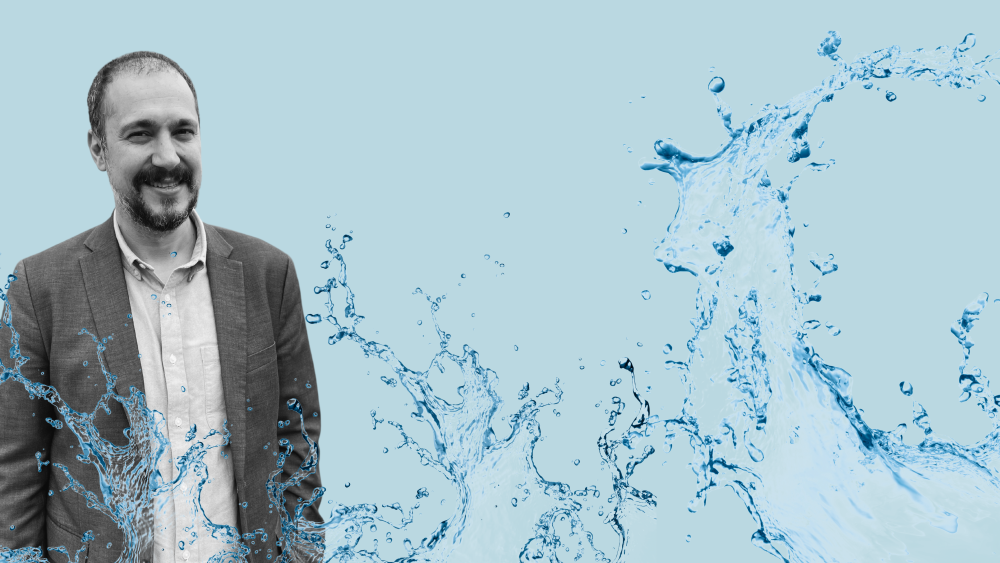Great leaders don’t just solve problems, they inspire others to do the same. Kaveh Madani has done just that. He first arrived in Lund on a cold February day in 2004 to pursue a master’s degree in water resources. In November 2024, he came back to Lund, this time as the Director of the United Nations University Institute for Water, Environment, and Health (UNU-INWEH), to launch the new UNU hub Water in a Changing Environment (WICE) – a hub dedicated to training the next generation of change-makers.
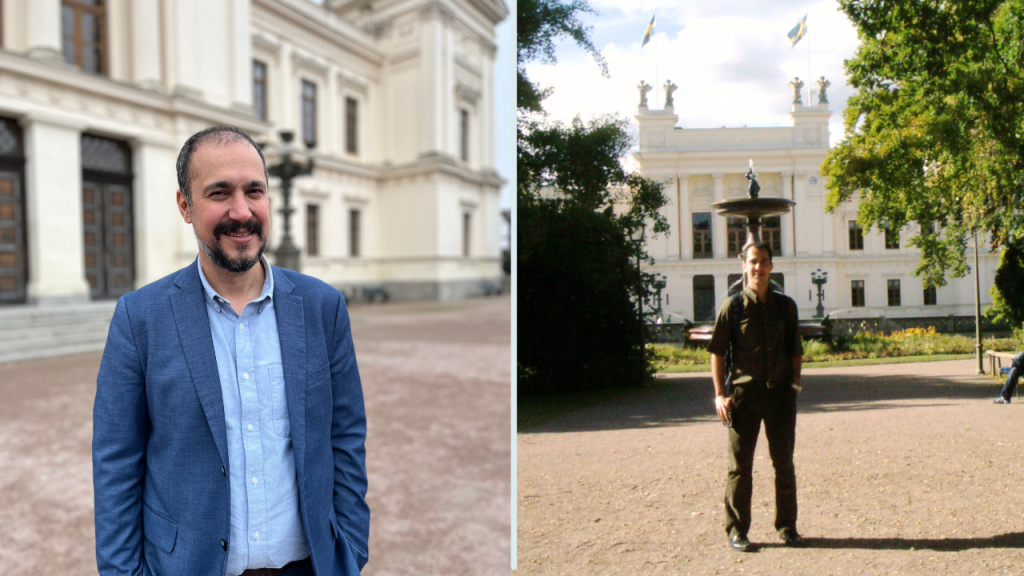
Madani grew up as an only child in Iran, with both parents working for the water sector. He often accompanied his mother to work, and as he grew older, it felt like a natural choice to follow in his parents footsteps.
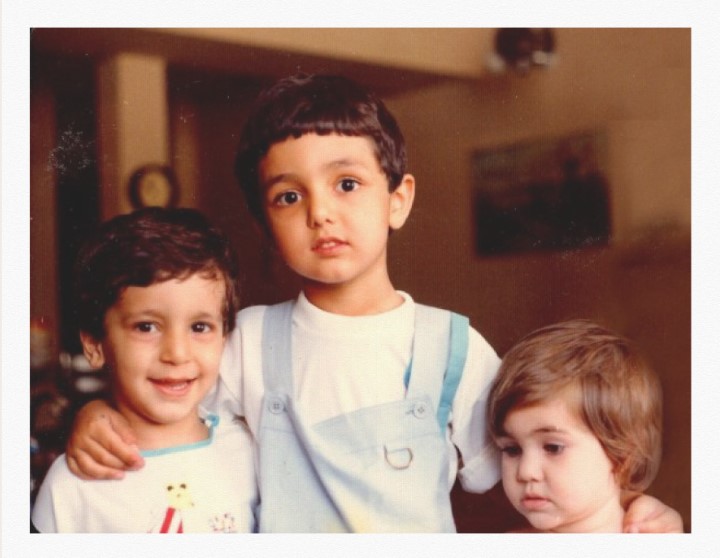
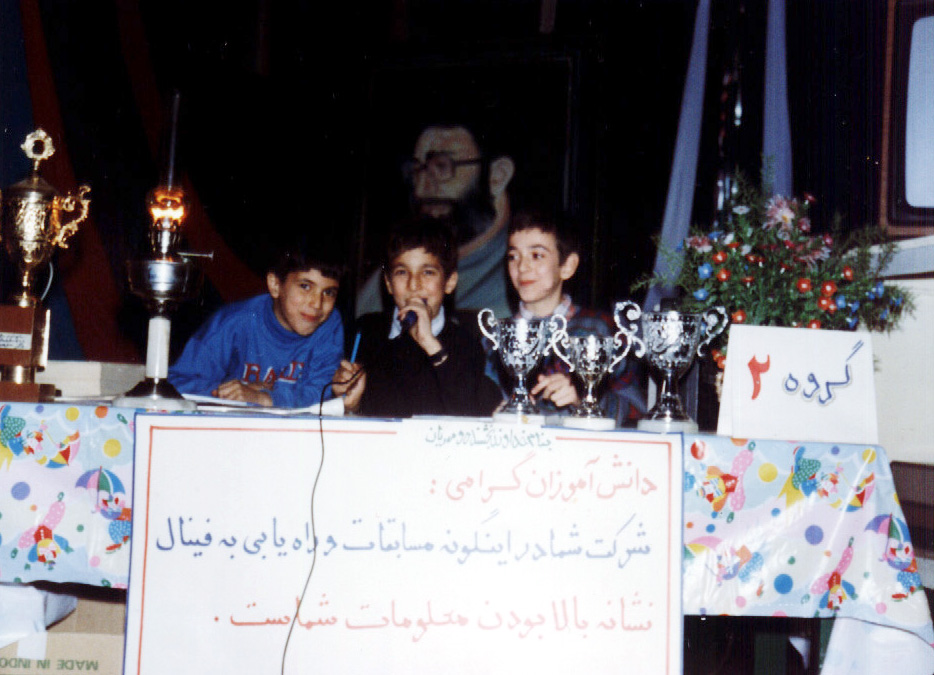
Before becoming the Director of UNU-INWEH, he held positions at Yale and Imperial College London, played a leadership role in environmental governance in Iran, and served as Vice President of the United Nations Environment Assembly Bureau (which oversees the world’s highest-level decision-making body on the environment) from 2017 to 2018. Yet, his work is not about flaunting an impressive CV; it is about science diplomacy—building international bridges and addressing global challenges. As he has stated, “Water is the most essential and pervasive element of life. Yet nearly half of humanity will face water scarcity by 2030 due to climate change and population growth,” a challenge that has shaped his mission to create sustainable solutions.
A Pivotal Moment: The Gateway to the West
Kaveh vividly recalls walking through the automatic glass doors at Kastrup Airport in 2004, what he now calls “the gateway to the West.” “It was dark and cold, and I was trying not to slip,” he laughs, remembering his first moments in Sweden. “Meanwhile, I admired my classmate riding her bike like it was nothing.” That memory has stayed with him, returning each time he passes through those doors again.
Only four hubs in the world – one is now in Lund
As an alumnus, Madani recognises Lund University’s excellence, citing its commitment to quality and global impact. “I initiated the conversation about starting this UNU hub in Lund because I saw the opportunity. Lund University is a very credible institution, and we have mutual trust between us,” he explains. Madani emphasises that the alignment with the UN University’s mission of empowering the Global South made Lund an ideal partner for collaboration.
The Swedish Classroom: A Lesson in Collaboration
A course in Lund on Systems Dynamics, where he learned to model and analyse the behaviour of complex systems over time, had a significant impact on Madani’s thinking. It deeply influenced his work in activism and policymaking, as well as teaching—often using game theory in his own classroom when working as a faculty member at Imperial College London before his public service.
Thinking back on his days in Lund, he also cherishes the memories of student life, including living in student housing and enjoying the social life at the unions.
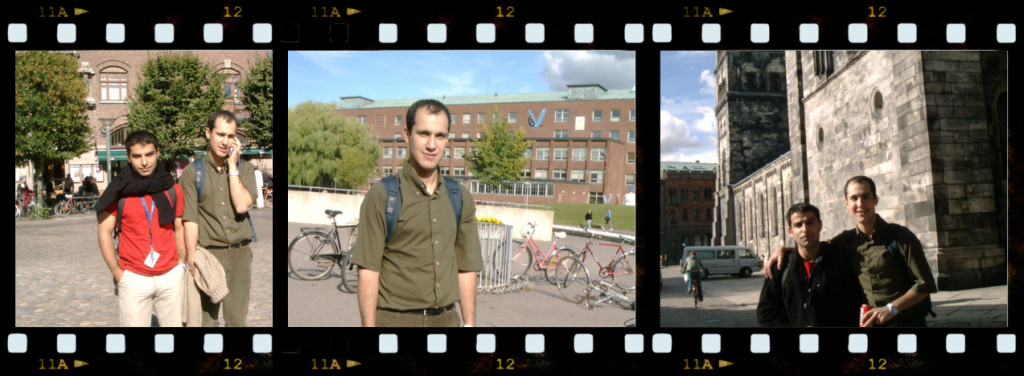
One aspect of the “Swedish classroom” that surprised him in 2004 was the group assignments. Initially, he struggled with not being able to choose his own team members. In his first group assignment, he received a lower grade due to a teammate’s lack of computer skills. However, in a later assignment, the roles were reversed (he was the one struggling with the software that they had to use) and he realised the value of learning from each other. “In the real world, you won’t always get to choose the people you work with; you have to adjust. For my second assignment, my Swedish classmates knew something I didn’t, and it helped me get a good grade. This really taught me that in a societal setting, we work best together,” he says.
Living in Exile – Where is Home?
Kaveh Madani’s life took a dramatic turn in 2018, forcing him into exile after a series of alarming events. Invited to take a cabinet position in Tehran, he left his job in London, only to eventually be arrested, interrogated and accused of being a Western spy. After repeated detentions, a public attack by the regime made him fear for his life. He made the difficult decision not to return after completion of a diplomatic trip, escaping a paranoid political system—but leaving behind the country he had hoped to help address its growing water and environmental problems. Madani has written several texts about the pain and disconnection he has felt from living in exile.
Today, Madani lives in Canada with his wife, whom he met backstage at a TEDx Talk. “We’re both workaholics,” he says with a smile, reflecting on how they met. “I’m very thankful for someone who can tolerate my work schedule. It’s not easy.”

Watch Professor Kaveh Madani’s TEDx talk “Water: Think Again”
A UN track for change-makers
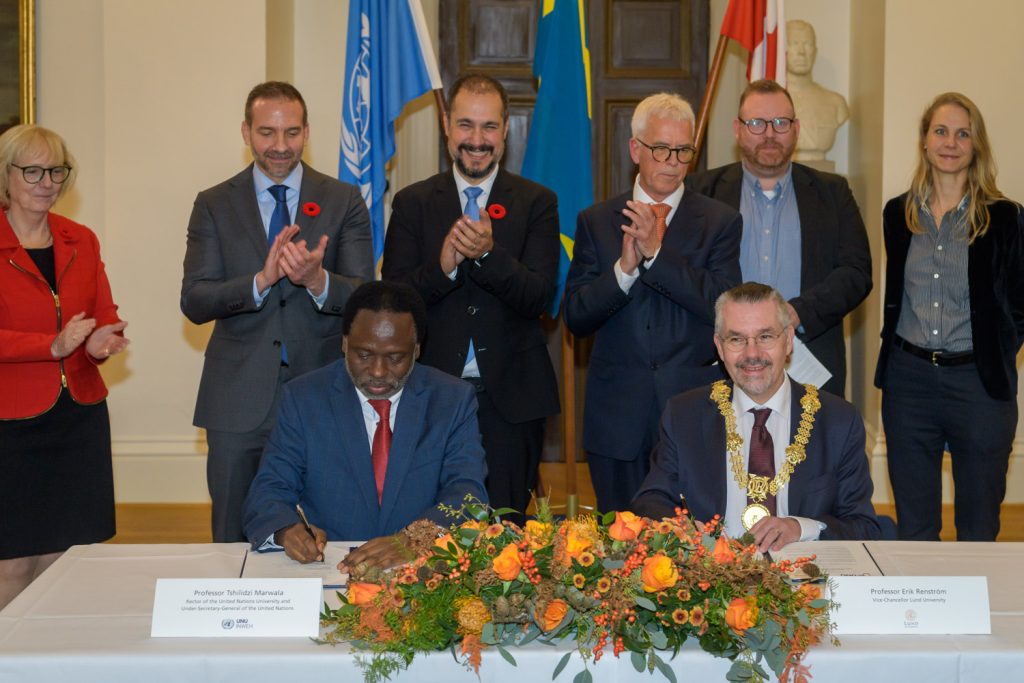
Read more about the UNU hub Water in a Changing Environment (WICE)
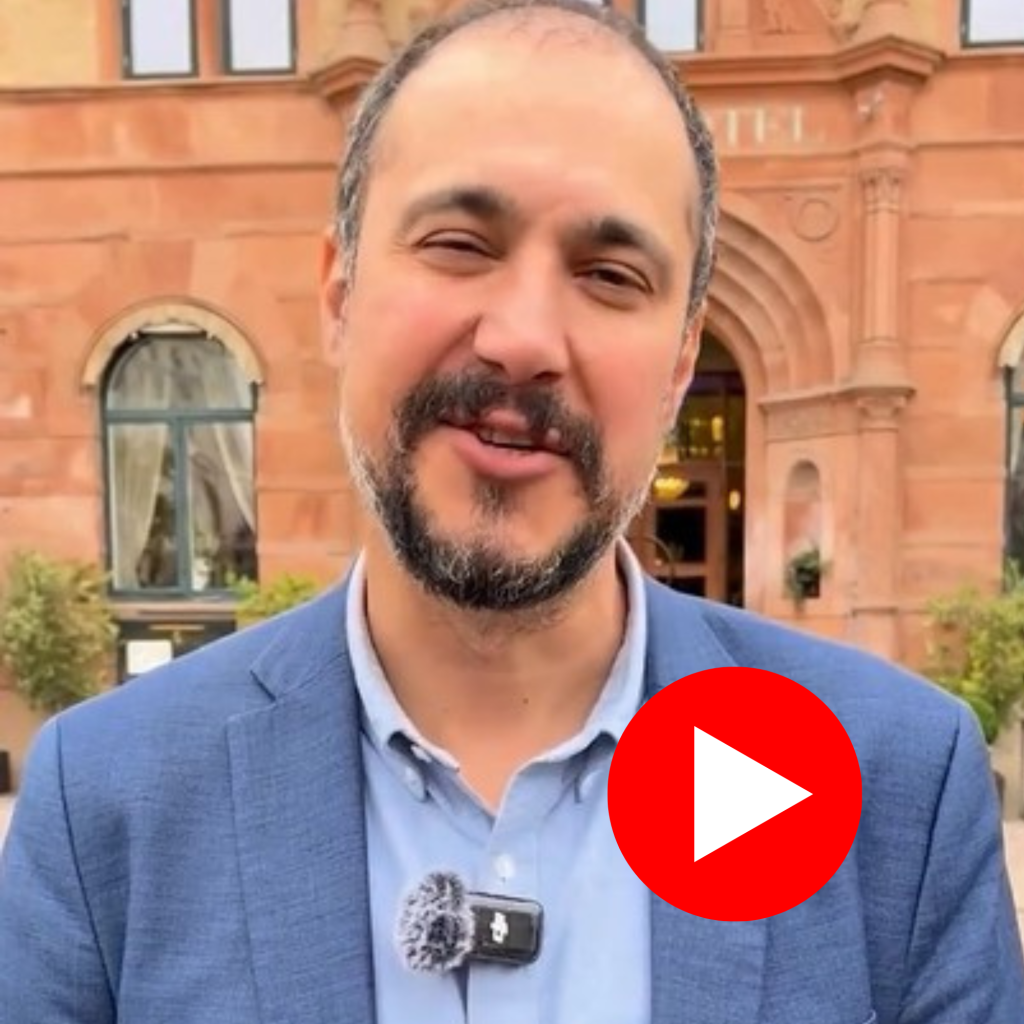
Text: Helga Heun
More on Kaveh Madani on his own web page:
About Kaveh Madani | کاوه مدنی

